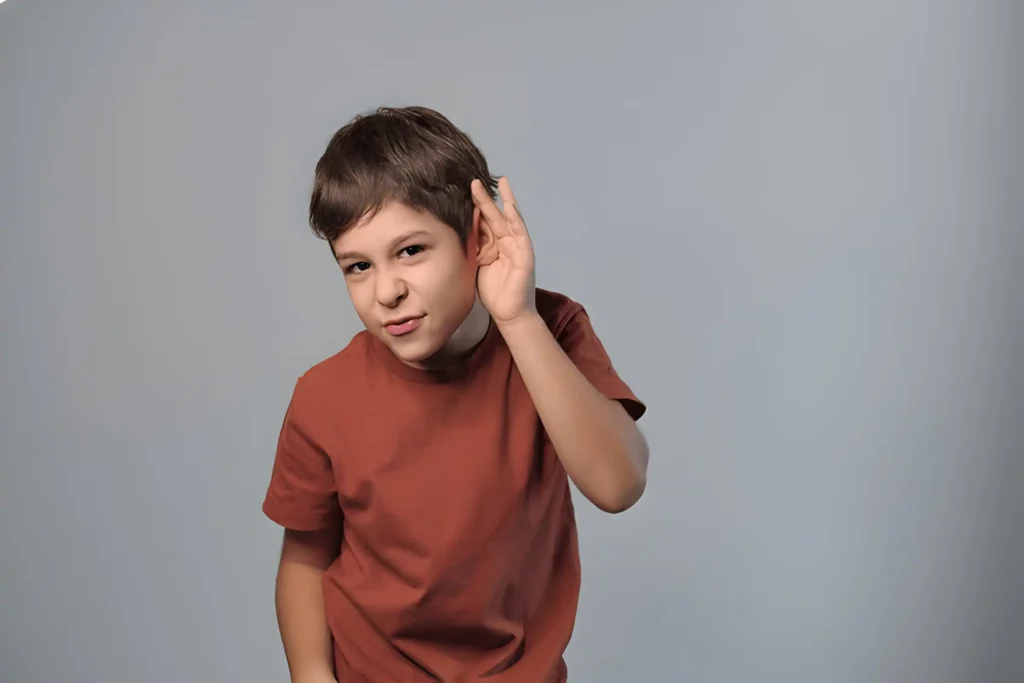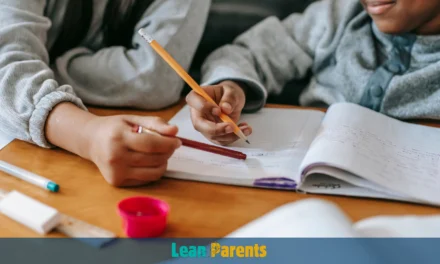
Parenting is one of life’s greatest challenges, but it also offers some of its most rewarding experiences. One powerful yet often overlooked tool for navigating the ups and downs of parenting is active listening. Active listening involves not just hearing what your child says but truly engaging with their words, emotions, and needs. This technique can deepen the relationship between you and your child, building trust, enhancing communication, and laying the foundation for a lifelong bond based on mutual respect.
What is Active Listening?
Active listening is more than just hearing the words your child speaks; it requires full attention and engagement with what they are communicating. Active listening means focusing on your child’s words, body language, and tone to understand the message behind what they are saying. It involves empathy, patience, and the ability to reflect back what your child is feeling, even when they can’t quite articulate it themselves.
Unlike passive listening, where you might nod along without absorbing the full meaning, active listening encourages a deeper connection. This level of attentiveness can reveal underlying emotions that your child may not even be aware of.
The Difference Between Hearing and Listening

It’s easy to assume that hearing and listening are synonymous, but there is a fundamental difference between the two. Hearing is passive and simply involves the act of perceiving sound. Listening, on the other hand, requires cognitive effort. When you listen actively, you focus on understanding, responding, and retaining information. This shift in mindset can transform the way you relate to your child and show them that their words matter.
The Core Elements of Active Listening
The key to effective active listening lies in empathy and understanding. Empathy is the ability to place yourself in someone else’s shoes, which is essential when communicating with your child. When they know that you not only hear them but feel with them, they are more likely to open up, share their concerns, and seek guidance.
Non-Verbal Cues and Their Impact
Communication isn’t just about words. Non-verbal cues like body language, facial expressions, and eye contact play a massive role in showing your child that you are fully present. A slight nod, a reassuring touch on the arm, or maintaining eye contact can speak volumes about your attentiveness and care. Children, especially younger ones, are keen observers of these subtle gestures. A distracted or disinterested body posture can convey that you’re not fully engaged, even if you’re listening to their words.
Why Active Listening is Crucial in Parenting
The relationship between a parent and a child is built on trust and open communication. When parents actively listen to their children, it sends a powerful message: “Your thoughts and feelings are valued.” This simple act strengthens the bond between parent and child and fosters a safe, supportive environment where emotions and ideas can be expressed freely. Children who feel heard tend to be more secure, confident, and emotionally resilient.
Building Trust with Your Child
Trust is not something that comes automatically; it must be cultivated over time. When your child feels that you are truly listening, they begin to trust you with their innermost thoughts and feelings. This trust becomes a crucial part of their emotional development, allowing them to navigate their world with confidence, knowing they have a solid foundation at home.
Fostering Emotional Security
Children who grow up in environments where active listening is practiced are more likely to develop emotional security. They learn that it is safe to express themselves without fear of judgment or reprimand. As they grow older, this emotional security translates into healthier relationships and stronger self-esteem.
How Active Listening Enhances Parent-Child Relationships
Active listening can significantly enhance the parent-child relationship by improving mutual understanding. This technique helps you get to the root of what your child is truly feeling or needing, which in turn reduces misunderstandings and conflict.
Strengthening Bonds Through Understanding
When a parent actively listens, the child feels understood. This feeling of being genuinely “seen” and “heard” is critical to forming deep connections. Over time, these shared moments of understanding create a bond that transcends surface-level interactions, fostering a sense of closeness that can last into adulthood.
Reducing Misunderstandings
Parents and children often speak different emotional languages. Active listening helps bridge that gap, reducing misunderstandings and miscommunications. By listening carefully to what your child says—and what they don’t say—you can better understand their perspective, leading to fewer conflicts and a more harmonious relationship.
Developing Emotional Intelligence in Children
Children learn by observing their parents, and by actively listening, you’re modeling essential emotional skills. Emotional intelligence—understanding and managing emotions—is a critical life skill that begins to develop in childhood. By listening to your child’s feelings, you’re teaching them how to articulate and process their emotions healthily.
Encouraging Self-Expression
One of the most important lessons a child can learn is how to express themselves clearly and respectfully. Active listening provides a safe platform for them to practice these skills. When you actively listen to your child, you show them that their voice matters, encouraging them to be more open and honest about their feelings.
Building Conflict Resolution Skills
Conflict is an inevitable part of any relationship, but how it is handled can either strengthen or weaken a bond. By practicing active listening, you’re teaching your child the art of conflict resolution. When disagreements arise, children who have learned to express their emotions and listen to others are better equipped to navigate conflicts peacefully and constructively.
Promoting Healthy Communication Skills
Active listening doesn’t just benefit the parent-child relationship; it also teaches your child invaluable communication skills they will carry into other areas of life. Children who are listened to learn the importance of listening to others.
Teaching Your Child to Communicate Effectively
Communication is a two-way street. When your child sees you actively listening, they will learn the importance of doing the same in their relationships with friends, teachers, and eventually, partners. Active listening teaches patience, empathy, and the value of hearing others out before responding.
Creating a Safe Space for Open Dialogue
Active listening creates an atmosphere of trust and safety, where children feel comfortable sharing their thoughts without fear of being dismissed or misunderstood. This safe space is essential for fostering honest conversations and deeper connections between parent and child.
Common Barriers to Active Listening in Parenting
In a busy household, distractions can often prevent parents from fully engaging in conversations with their children. From managing work-life balance to navigating stress, there are numerous barriers that can hinder active listening.
Distractions and Multitasking
Modern parenting often involves juggling multiple responsibilities, and distractions are everywhere—from smartphones to work deadlines. Multitasking while trying to listen to your child can lead to misunderstandings and missed emotional cues.
Emotional Overwhelm
Parenting is emotionally demanding, and sometimes your own feelings of overwhelm can get in the way of being fully present for your child. It’s crucial to recognize these moments and take steps to manage your emotional responses so you can be more available to listen.
Overcoming Challenges in Active Listening
Despite these challenges, there are strategies to improve your ability to actively listen. With a little effort and intention, parents can create more meaningful connections with their children.
Strategies for Minimizing Distractions
Make a conscious effort to set aside distractions when your child needs your attention. Designate “listening times” during the day when you can focus entirely on what they are saying. This could be during mealtime, bedtime, or after school, when your child may have the most to share.
Managing Emotional Triggers
Being aware of your emotional triggers and managing them is crucial in active listening. When you feel overwhelmed, it’s okay to take a moment to collect yourself before responding to your child. This ensures that you’re approaching the conversation with a calm and open mind.
FAQs
How do I know if I am actively listening to my child?
How can active listening improve my child’s behavior?
What should I do when I feel overwhelmed while listening?
Can active listening help during family disagreements?
How can I encourage my child to listen actively?
Is active listening effective with teenagers?
Conclusion
Incorporating active listening into your parenting style can profoundly affect the emotional and psychological well-being of your child. The benefits of active listening extend far beyond the moment, helping to cultivate trust, emotional intelligence, and stronger relationships. While the journey toward becoming a more active listener may have its challenges, the rewards are undeniable, and your child’s future communication skills and emotional health will thank you for it.






Trackbacks/Pingbacks